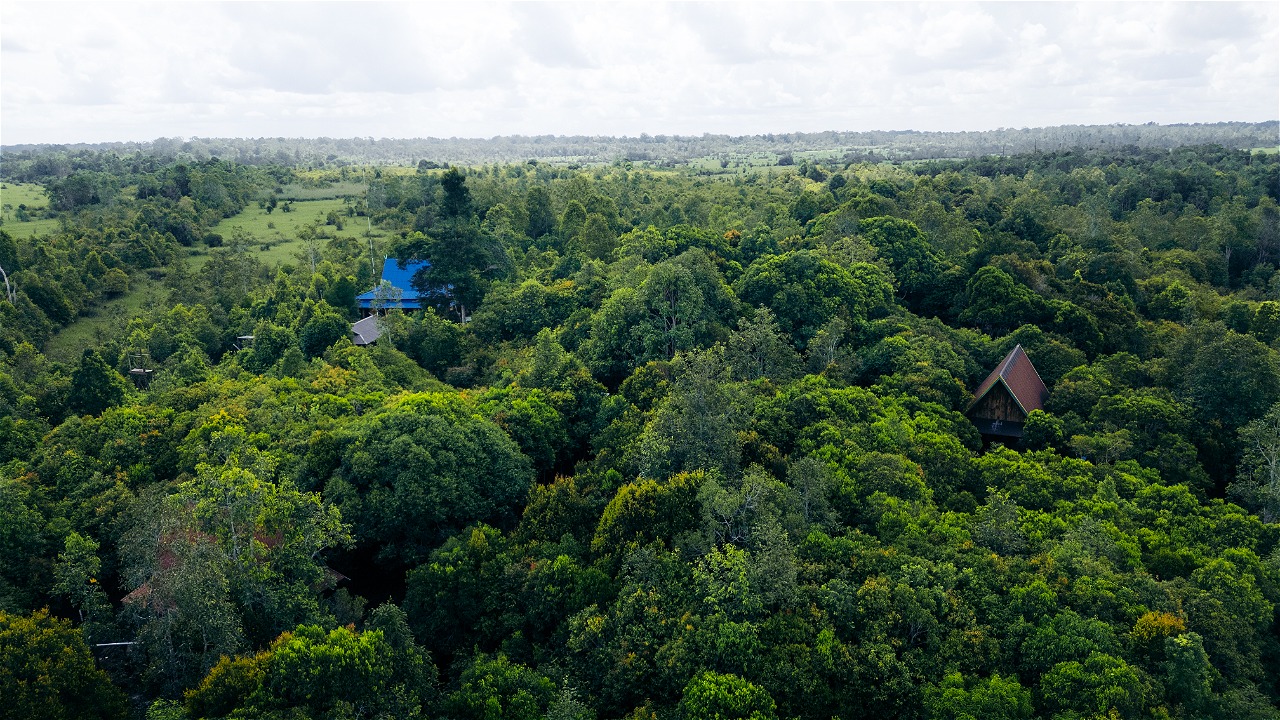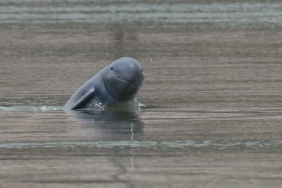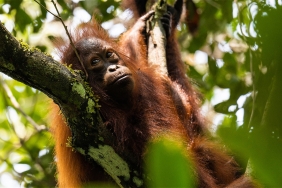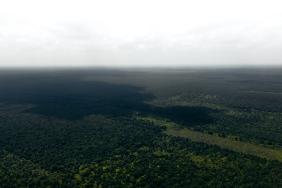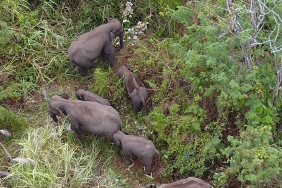GREEN PROSPERITY PROGRAM IN JAMBI TEBO JAMBI GOVERNMENT ESTABLISHES MOU WITH MCAI
Tebo Regent, H Sukandar signed a Memorandum of Understanding (MoU) with Millennium Challenge Account Indonesia (MCAI) regarding the Green Prosperity program. The signing was done at the Convention Center, Ratu Hotel, Jambi, April 19, 2016, which was witnessed and approved by Jambi Governor H. Zumi Zola. The signing of the MoU was also witnessed by participants of the Development Planning Conference (Musrenbang) of Jambi Province.
This joint agreement is a follow-up to the Compact Grant Agreement between the United States Government through the Millennium Challenge Corporation (MCC) and the Government of Indonesia which was signed on November 19, 2011. The agreement was then followed by a new agreement, namely the Program Implementation Agreement (PIA) which was signed on September 19, 2012. This agreement contains an agreement that the parties have an understanding to carry out cooperation in the context of implementing the Green Prosperity Project as part of the Compact Program which is regulated by provisions that have been mutually agreed upon as well.
For this reason, MCAI provides funding in the form of GP Facility including grants for private sector partners to jointly invest in renewable energy. The grants are used in the field of natural resource management to support small-scale renewable energy projects and other community-based projects. This is done to enhance sustainable natural resource management and improve land use activities.
The provision of GP Facility funds is also focused on funding projects at the district level that are evaluated through a readiness assessment (readiness assessment). In the future, there are several regencies that will enter into similar agreements, including Tebo Regency and Kerinci Regency.
MCAI has agreed to support the Green Prosperity Project through participatory land use planning (PLUP), providing assistance and supervision for grant projects. MCAI also agreed to conduct Green Knowledge for capacity building of local, provincial and national communities in order to strengthen national low carbon development strategies.
Meanwhile, the Jambi Provincial Government and its staff will provide support for the implementation of the Green Prosperity project in terms of facilitating coordination with local agencies. The support is provided in order to synchronize the APBD program with the Green Prosperity Project. The Jambi Provincial Government's support includes efforts to facilitate the coordination of the Regional Work Units and other parties such as PT PLN, relevant vertical institutions in the region, donor agencies and other institutions that can be invited to synergize with the Green Prosperity Project.
Local governments also provide sufficient resources to meet the needs of the administrative boundary process, facilitate licensing and improvement of legal infrastructure and law enforcement.
In relation to administrative boundaries, village boundary setting and resource mapping includes, among other things, the issuance of Regent Decrees on village administrative boundaries and so on. Boundaries also include efforts to facilitate the process of identifying Green Prosperity Project activities and their implementation after consultation with stakeholders, particularly with potential project beneficiaries.
The Government will provide tax exemptions in accordance with the Compact Grant Agreement and Program Implementation agreement. Therefore, the Provincial and District Governments together with MCAI prepare and implement the post-project strategy in accordance with the Compact policies. This agreement also includes efforts to form a formal Green Prosperity Project Coordination Team at the provincial and district levels involving relevant agencies/departments.
The contents of the Green Prosperity Project Grant in Jambi Province include the following
- Investment in administrative delimitation, updating and integration of land use inventories and improvement of spatial plans at the district and provincial levels ("Participatory Land Stewardship Planning Activities");
- Provision of technical assistance and project supervision ("Technical Assistance and Supervision Activities")
- Funding of low-carbon development projects through the establishment of a funding facility ("GP Facility Activities"); and
- Provision of technical assistance and support to strengthen local, provincial and national capacity to promote Indonesia's country-wide low-carbon development strategy in the context of the GP Project ("Green Knowledge Activity").
Eligible investments include the following sectors:
- Hydro power generation (micro hydro, mini hydro) (on-grid and off-grid, new generation or capacity enhancement of existing generation);
- Organic waste-to-energy processing (biowaste, biomass and biogas) including utilization of methane gas from palm oil mills (PKS);
- Solar power plants (on-grid and off-grid) including integrated hybrid power plants;
- Sustainable agricultural intensification programs that comply with the guidelines of theGP Facility
- Wind power (on-grid and off-grid)
- Watershed management program;
- Community forestry within protected and productive forest land;
- Agro-forestry activities, and others.
;

